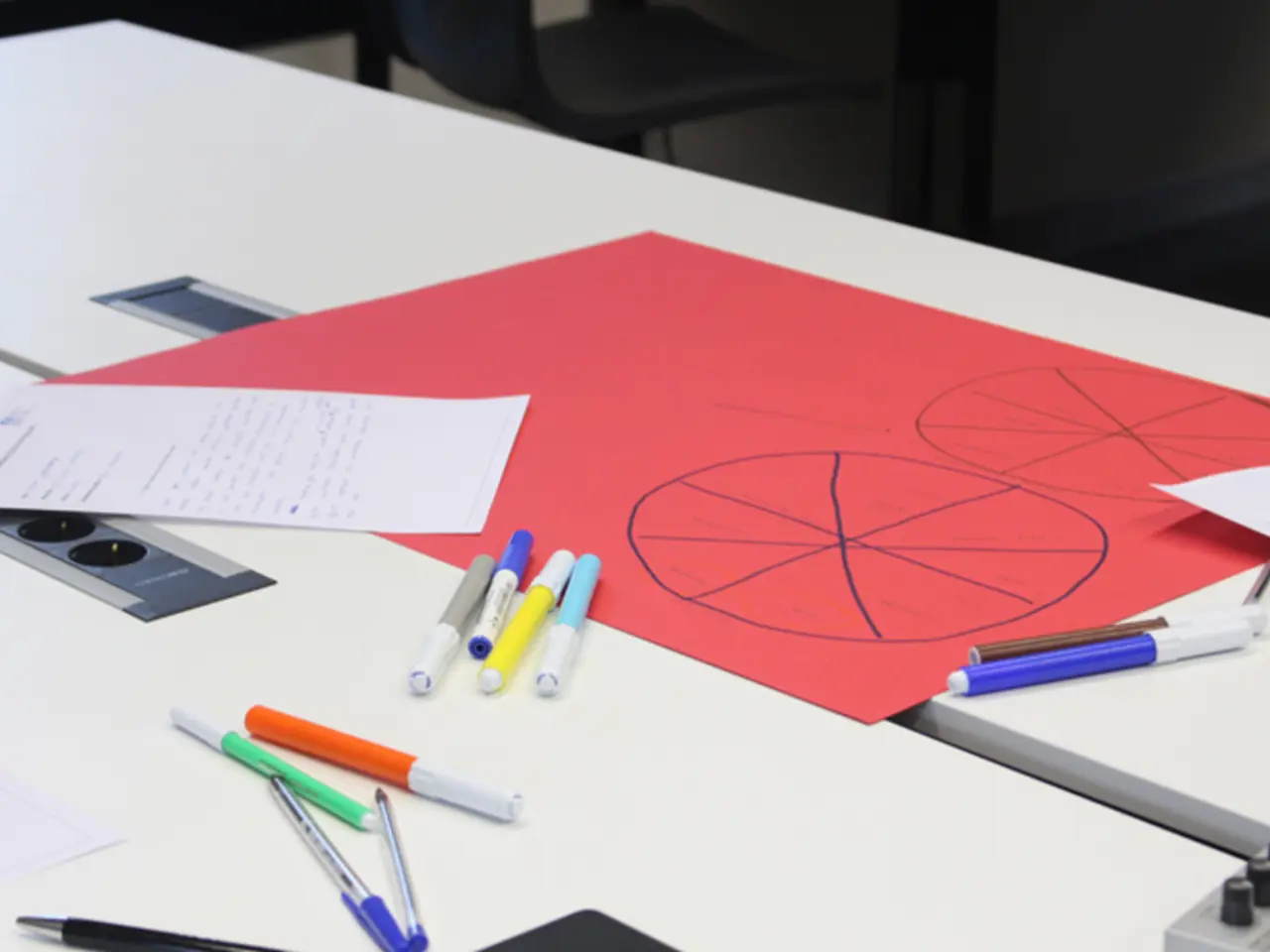Guidelines for Perfecting Daily Choices through the Study of Decision-Making Strategies
Everyday decisions, big and small, shape our lives. From choosing what to eat for breakfast to deciding on a career path, the choices we make have a significant impact on our lives. However, making the right decisions can sometimes be challenging, especially when faced with a myriad of options or complex situations.
The science of decision-making, rooted in psychology and cognitive science, provides insights into how we choose and why we make the choices we do. Understanding key psychological factors influencing choices can help us make better decisions.
Key Psychological Insights
- Fear of regret often leads to hesitation; focusing too much on potential negative outcomes causes paralysis, rather than balancing risk and opportunity.
- The Paradox of Choice explains how excessive options overwhelm decision-making and dampen confidence.
- Perfectionism increases pressure by seeking an unattainable "best" option, often blocking action.
- Low self-esteem can cause excessive doubt, leading to delays or over-reliance on others.
- Metacognitive awareness (thinking about your own thinking) and understanding biases like overconfidence (e.g., Dunning-Kruger effect) help accurately assess knowledge and avoid poor decisions.
Practical Strategies to Improve Decisions
- Make a plan and set deadlines: Anticipate decisions by planning and set firm deadlines to avoid procrastination.
- Limit choices: Reduce available options to minimize overwhelm, helping you focus on the most relevant alternatives.
- Weigh options systematically: Develop a decision-making framework or criteria to evaluate pros and cons effectively and consistently.
- Collect sufficient information, then act: Gather relevant data but avoid information overload. Know when you have enough to make a confident decision and proceed.
- Be assertive in the process: Take charge of decisions, especially in groups, by guiding discussion and prioritizing choices.
- Reflect on past decisions: Analyze what went well or poorly to identify patterns and improve future outcomes.
- Seek expert advice and diverse perspectives: Consulting others can validate your thinking and reveal blind spots, but maintain your final authority.
- Practice daily reflection: Brief self-checks about your assumptions and learning promote metacognition, which supports better judgment.
- Automate routine decisions: Reduce cognitive load by automating predictable choices to preserve mental energy for complex decisions.
- Know your goals clearly: Understanding your personal or organizational objectives helps align decisions with desired results.
Using these psychological insights with structured, practical steps builds confidence, reduces indecision, and enhances your everyday decision-making skills over time.
In cases of uncertainty, make the best choice with the information available and accept that some level of risk is inherent. Evaluating risks and rewards can help clarify the best course of action, considering both immediate payoff and long-term impact.
Cognitive load, the mental energy required for each decision, builds up over time, leading to decision fatigue and poor decision-making. To avoid this, it's important to eliminate or minimize low-stakes decisions and reserve high-stakes decisions for times when you're mentally fresh.
Trusting your gut intuition can guide you towards the right choice, but logic and data are also important. It's essential to approach decision-making with a discerning eye, taking time to do research, gather reliable data, and assess potential outcomes before making major decisions.
Simplifying choices when overwhelmed can help make decisions more manageable, focusing on what aligns best with long-term goals. Mastering decision-making requires awareness, practice, and a willingness to embrace both logic and emotion in choices.
Cognitive biases, such as confirmation bias or availability bias, can skew our decision-making and lead to irrational decisions. Being mindful of these biases and striving for emotional awareness can help us separate our emotions from our rational thinking, leading to better outcomes.
Emotions play a major role in how we make decisions, often influencing our behavior more than logic or reason. By understanding our emotional responses and learning to manage them, we can make more informed and balanced decisions.
In conclusion, improving everyday decision-making is a skill that can be honed over time. By understanding key psychological factors, applying practical strategies, and staying aware of cognitive biases, we can make better choices that shape our lives positively.
- Engaging in mindfulness practices can help manage emotions and reduce the impulse to make decisions based solely on feelings, leading to more rational and balanced choices.
- Adopting a holistic approach to health and wellness, integrating both physical fitness and mental mindfulness, can enhance overall decision-making ability.
- Regularly incorporating elements of science and evidence-based practices into decision-making can help avoid biased judgments and promote logical, data-driven choices.




